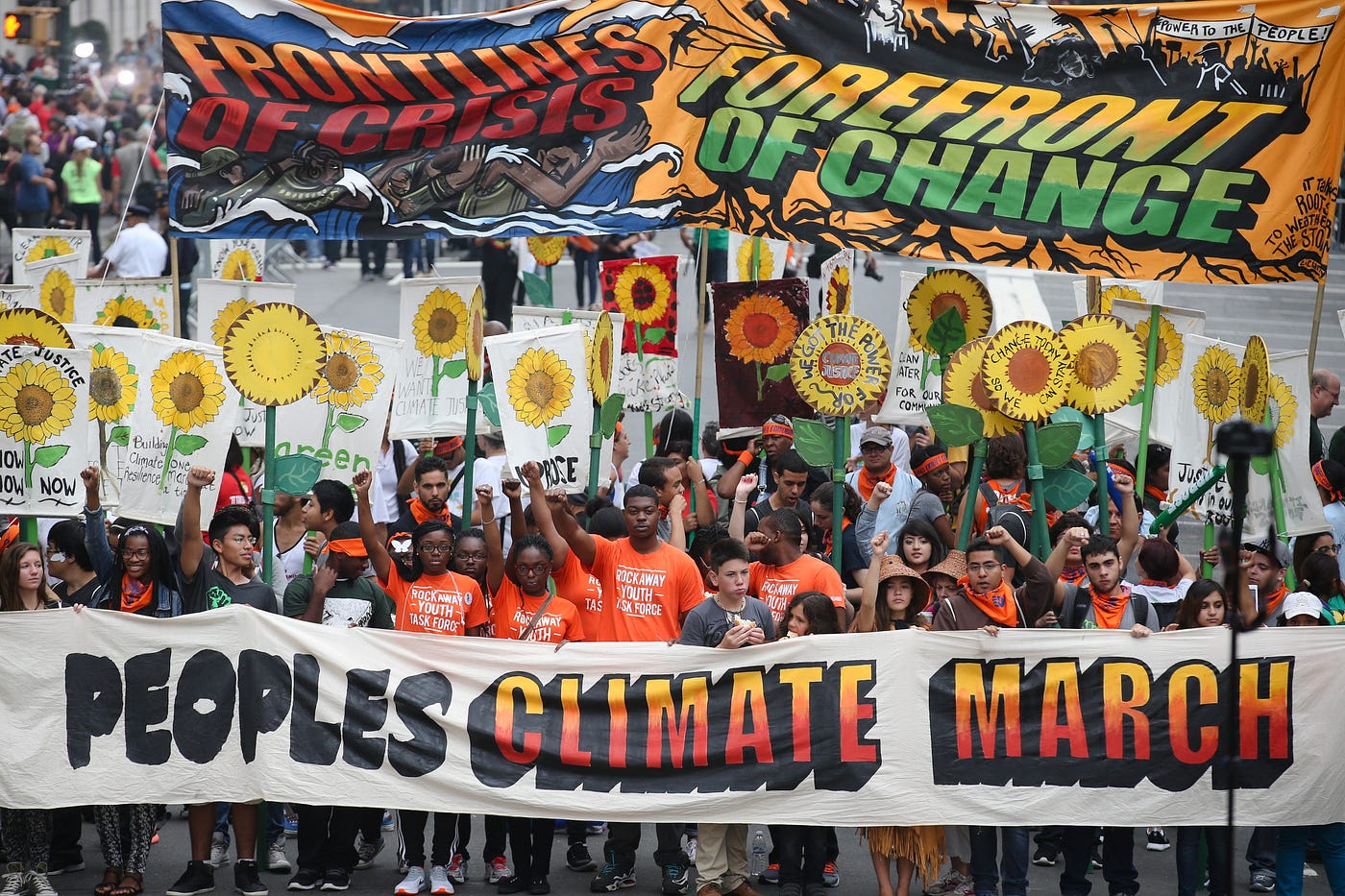While one-third of our planet has had to endure the full brunt of climate change, world leaders still need to be asked if they plan to take decisive action against the impacts they have caused. Raging wildfires in the west of the United States and Southeast Asia are only one aspect of a climate that includes rising sea levels and the generalized onset of extreme weather. However, it is the actions that governments and businesses need to undertake that have been slow to arrive; many have been waiting for when the world leaders will finally make real efforts to act in the light of this hanging crisis or whether the opportunity to avoid such destructive consequences will be missed.
A Global Wake-Up Call
Climate change does not have any room to tell people about what is coming but demonstrate its catastrophic impacts while they are happening now. Over the past few years, extreme climatic situations such as hurricanes, floods, and wildfires have increased. The reports of 2023 also mentioned that heatwaves were breaking all records worldwide, triggered by huge forest fires and destructive floodings. These natural disasters were said to displace hundreds of millions and cause billions in economic damage. These events unmistakably reveal that the Earth is close to crossing its limits before it is too late for the planet.
Yet despite such a clear warning signal, global policymakers have remained reticent to take deep structural interventions needed to rein in greenhouse gas emissions. The Paris Agreement adopted in 2015 has set an objective to limit global warming to “well below two °C” above preindustrial levels. Most countries have agreed to cut back their emissions, but hardly any have managed, and the big culprits- the big emitters—are sputtering.
Political and Economic Challenges
There are many reasons for such indecisive action on climatic issues. One key challenge is that climate issues are predominantly politicized, especially in countries like the United States. Due to the high stakes involved, climate policies have faced immense resistance from conservative political forces and industries that have significantly invested in fossil fuels. The greatest challenge for governments here has been the stern resistance such policies face from conservative groups.
The climate crisis also has its economic dimension. The shift towards a green economy does not, therefore, demand many investments in moments of renewable energy, infrastructure, and technology; however, many countries have started this process, as well as the overall cost that has been associated with these initiatives is an issue, especially to developing countries that are lacking the required money to do such a shift single-handedly. Global climate action also encompasses another subset of complexity in that wealthier countries commit to financial aid to such countries, and most of the promises are yet to be fulfilled.
Corporate Responsibility and Greenwashing
Besides the government, another very important player is the corporation. However, most corporations are still short-term-oriented entities where profit maximization does supersede sustainability in the long term. Large-scale emitters, including those in the fossil fuel sector, have been accused of greenwashing-that is, of actually depicting activities and practices as environmentally friendly to satisfy a growing environmental-minded customer base and to appease regulators. This accountability gap can prevent better momentum because corporate responsibility has to be authentic if their carbon footprints outside their borders will decrease.
Examples of firms striving for yet more ambitious sustainability include some of the most ambitious carbon-neutral goals set by such firms as Microsoft, Google, and Tesla, the electric car leader in the automotive industry. These solutions show profitability being possible hand-in-hand with sustainability but are likely to be the consequence of corporate action on a much bigger scale.
There is still a small window, which is fast closing to challenge climate change. Scientists have accused the world of having half a century in which it should reduce emissions by half and make drastic cuts; otherwise, it will face severe retribution. This calls for action by world leaders, businesses, and individual citizens to put climate action above the current political disputes and economic interests.
The approaching COP28 summit allows the same leaders to commit to climate goals and actions. Whether they succeed or fail will determine the future of this planet. Time is running out. If no urgent action is taken together, the world may lock itself into an irreversible crossroads.
Global leaders and corporations have the capacity and responsibility to act on climate change despite all the barriers they face. Will they rise to the challenge or throw in the towel?















